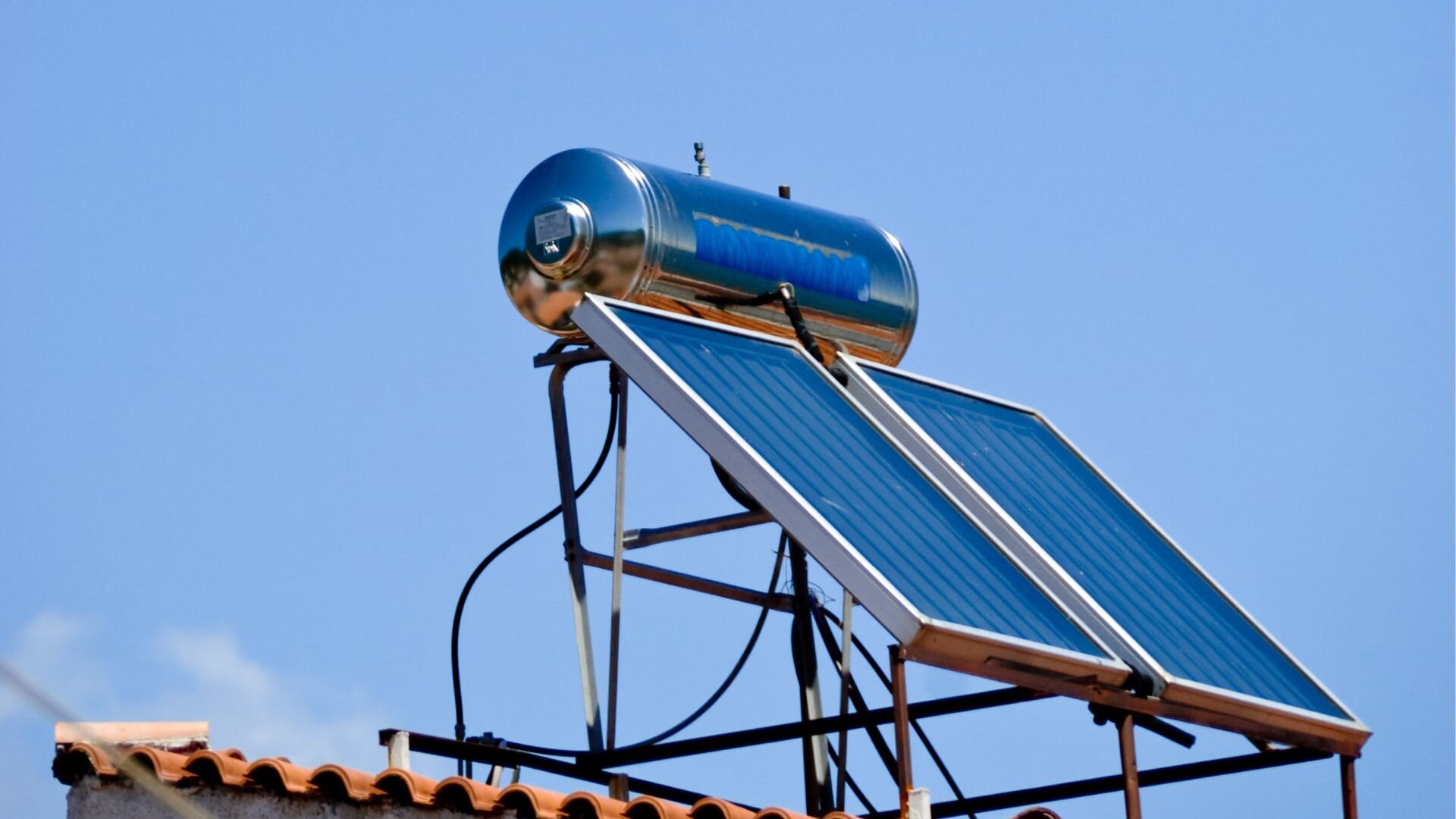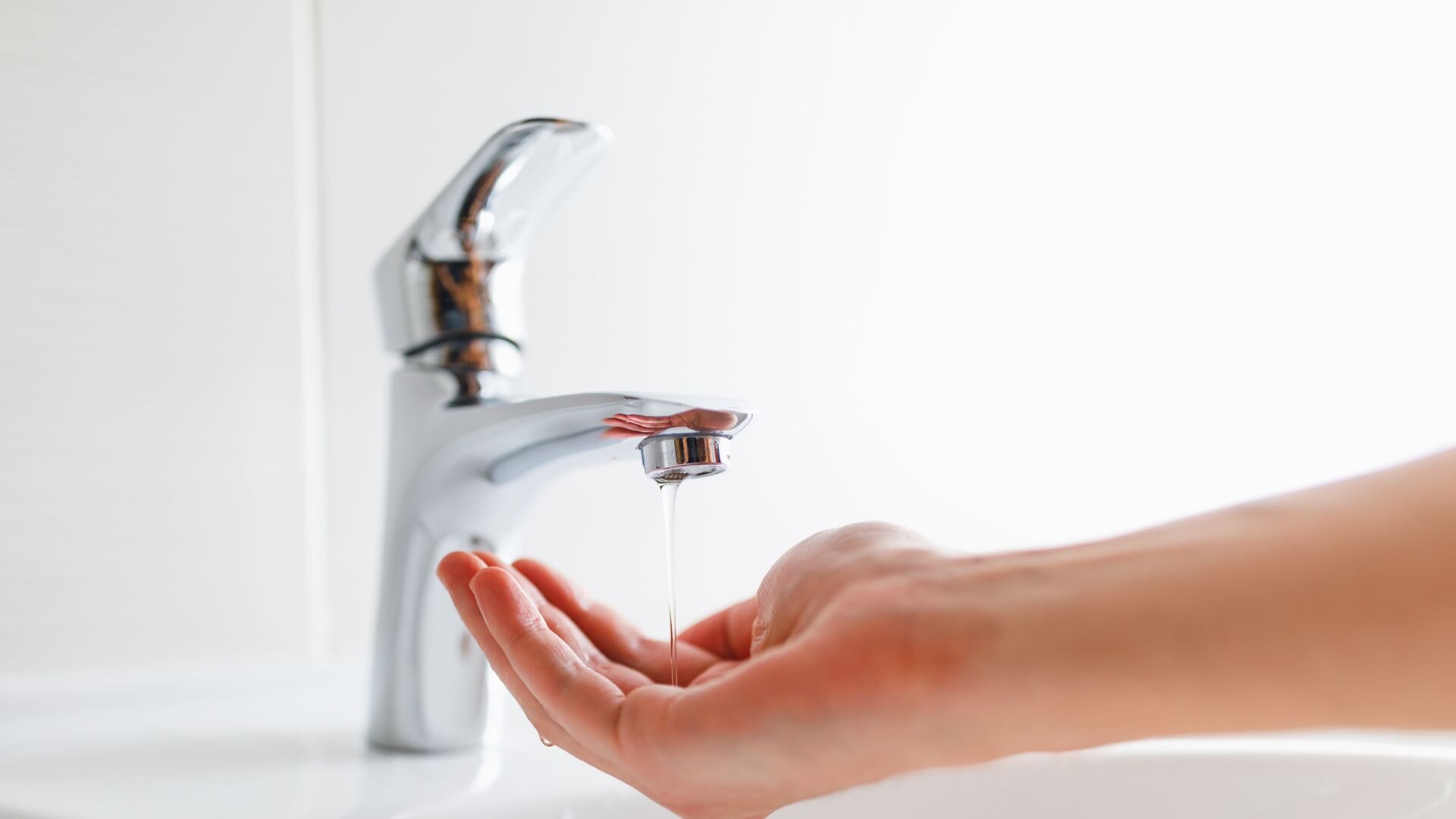Solar energy is becoming a staple in Australian households, with solar PV systems rapidly spreading across rooftops nationwide. According to the latest Clean Energy Australia Report, 2018 saw a 43% growth in the residential sector, with 1.55 GW of systems installed, and by the end of the year, over 2 million households were benefiting from solar PVs. This trend shows no sign of slowing down, with more Australian families turning to renewable energy sources every day.
As solar energy becomes more popular, the importance of regular maintenance for solar hot water systems cannot be overstated. Proper upkeep ensures these systems operate efficiently, prolong their lifespan, and safeguard your investment. In the following checklist, we’ll explore the essential steps to keep your solar hot water system running smoothly and effectively.

1. Inspect Solar Collectors
Inspecting your solar collectors is crucial to maintaining your solar hot water system efficiently. Regular maintenance ensures your solar water heating system functions effectively, providing hot water consistently.
Importance of Inspection
Regular maintenance, such as checking for damage or debris on your solar panels, is essential for efficient solar water heating. Solar panel maintenance can help prevent issues in your hot water system.
Dirt on your solar panels affects energy transfer, reducing solar energy efficiency. Cleaning solar panels and addressing any potential issues in your solar system is crucial.
Efficiency Impact
Debris on your solar collectors can block sunlight, affecting your solar water heater’s performance. This impacts heating in your water system. Ensure your solar water heating system is part of your hot water system maintenance. Clean your solar panels to maximise your solar energy system.
2. Check for Leaks
Checking for leaks in your water systems is vital for efficient solar system operation and cost control. Regular inspection is part of effective maintenance.
Signs of Leaks
Look for any signs of moisture around pipes, storage tanks, or connections in your solar hot water systems. Drips near the cold water supply valve or pressure relief valve indicate potential issues. Listen for unusual sounds in your system.
Impact on Performance
Leaks in your solar water heating system affect efficiency and increase water bills. They can cause your water heater to work harder, impacting your solar water heater maintenance.
Make sure your maintenance checklist includes checking for leaks. Regular water heater maintenance, including cleaning solar panels and inspecting the anode rod, can help maintain performance.
Maintenance tips like periodic maintenance every 5 years are essential for your solar system.
3. Monitor System Pressure
Monitoring system pressure is crucial for the efficient operation of your solar PV system and water heating setup. Regular checks can prevent issues and ensure longevity.

Checking System Pressure
To maintain optimal system pressure, regularly inspect the water tank and storage tank. Use a solar panel maintenance guide to check your flat plate solar water heater.
Ensure your energy system’s pressure is within the recommended range. Address any potential issues promptly.
Consequences of Incorrect Pressure
Incorrect pressure can damage your system over time, affecting all your solar maintenance tasks. It may lead to collector shading and impact the heat pump performance.
Preventative maintenance, including checking the anode rod and bottom tank, can help avoid problems. Conduct preventive maintenance every 5 years to maintain your commercial solar setup.
4. Assess Insulation
Assessing the insulation of your solar water heating system is essential for efficiency and cost savings. Proper insulation minimises heat loss in water heaters and tanks.
Importance of Intact Insulation
Intact insulation on pipes and tanks in solar water heaters and water heaters reduces heat loss. It ensures the system should operate efficiently, protecting your energy investment.
Effects of Heat Loss
Without proper insulation, potential heat loss can occur, affecting the performance of your heater flat plate solar system and leading to increased energy consumption.
To maintain efficiency, regularly inspect collector glazing and your panels. Knowing how often to clean your solar components is crucial for optimal performance.
5. Test the Pump
Testing the pump is essential for maintaining your solar water heating system’s efficiency. The pump circulates water between the solar collectors and storage tank, ensuring consistent heating.
Role of the Pump
The pump moves water through the system, transferring heat from the solar collectors to the water tank. This circulation is crucial for maintaining the desired water temperature.
Identifying Pump Issues
Listen for unusual noises, which can indicate pump malfunctions. Check for vibrations or leaks around the pump.
If water isn’t circulating properly, it may be a sign of a blockage or failure. Ensure the pump is part of your regular maintenance schedule to address any potential issues promptly.
6. Evaluate the Controller
Evaluating the system controller is crucial for the efficient operation of your solar water heating system. The controller manages the pump and monitors temperatures to optimise performance.
Function of the System Controller
The controller regulates the pump’s operation, activating it when the temperature difference between the solar collectors and the storage tank reaches a certain level. This ensures efficient energy transfer and prevents overheating.
Ensuring Proper Operation
Check the display for error codes or unusual readings. Ensure all sensors are connected properly and free of damage.
If applicable, regularly update the controller’s software. If issues persist, consult the manual or a professional technician to address any potential problems. Regular testing is key to maintaining system efficiency.
7. Clean the Storage Tank
Cleaning the storage tank is vital for maintaining your solar water heating system. Flushing the tank helps prevent sediment build-up, ensuring efficient operation.
Flushing and Cleaning Process
- Turn Off Power: Ensure the system is off.
- Connect a Hose: Attach a hose to the drain valve at the bottom of the tank.
- Drain the Tank: Open the valve and let water flow out completely.
- Flush with Cold Water: Run cold water through the tank to remove the remaining sediment.
- Close the Valve and Refill: Once clean, close the valve and refill the tank.
Benefits of Preventing Sediment Build-Up
Sediment can insulate the bottom of the tank, reducing heating efficiency and increasing energy costs. Regular cleaning ensures optimal performance and prolongs the tank’s lifespan.
8. Inspect Valves and Fittings
Regular inspection of valves and fittings is essential for maintaining your solar water heating system. These components ensure proper flow and pressure, which is crucial for system efficiency.
Importance of Regular Checks
Valves and fittings control the flow of water and maintain pressure levels. Regular checks help identify leaks, corrosion, or blockages that can disrupt the system’s operation.
Effects of Wear and Tear
Over time, wear and tear can cause valves and fittings to degrade, leading to leaks or pressure loss. This results in decreased efficiency and higher energy costs.
Inspecting these components regularly helps prevent inefficiencies and extends the system’s lifespan. Replace any damaged parts promptly to maintain optimal performance.
9. Review the Anode Rod
Reviewing the anode rod is crucial for preventing corrosion in your solar water heating system. The anode rod attracts corrosive elements, protecting the tank from rust and decay.
Purpose of the Anode Rod
The anode rod is made of a sacrificial metal, such as magnesium or aluminium, that corrodes instead of the tank. This process helps extend the lifespan of the storage tank by preventing rust.
Inspection and Replacement Timelines
Inspect the anode rod every 1 to 2 years for signs of significant wear. If over 50% of the rod is corroded, it should be replaced. Regular checks ensure the tank remains protected, helping to avoid costly repairs or replacements.
10. Schedule Professional Maintenance

Scheduling regular professional maintenance is essential for ensuring the longevity of your solar water heating system. Experts have the training and tools to perform thorough inspections that go beyond routine checks.
Importance of Professional Inspections
Professionals can identify subtle issues, such as internal corrosion or electrical faults, that homeowners might miss. They ensure all components, including valves, pumps, and the anode rod, are functioning correctly.
Benefits of Expert Insight
Experts can provide tailored advice on improving system efficiency and identifying potential problems before they become serious. Regular professional maintenance helps prevent unexpected breakdowns, maximising your system’s lifespan and performance.
Scheduling these inspections annually is a wise investment in your system’s health and efficiency.
Ensure Efficiency Year-Round
By following this annual maintenance checklist, you can significantly extend the lifespan of your solar hot water system and ensure optimal performance. Regular inspections, cleaning, and minor adjustments are key to preventing costly repairs and maximising your system’s efficiency.
If you prefer to leave the maintenance to the experts, Service First offers comprehensive solar hot water services. Our skilled technicians can conduct thorough inspections, address any issues, and optimise your system for maximum efficiency. Contact us today or visit our website to schedule an appointment.


